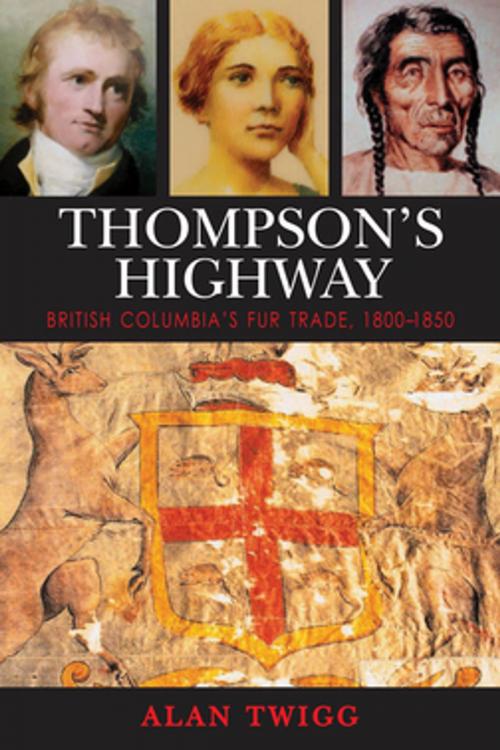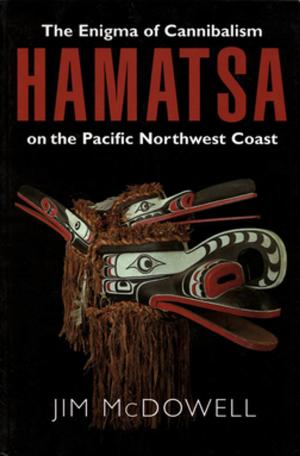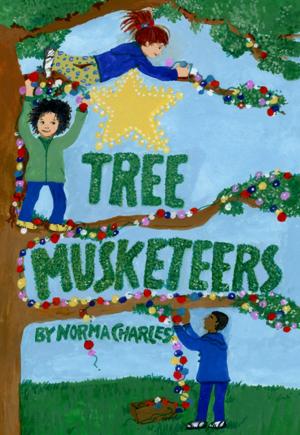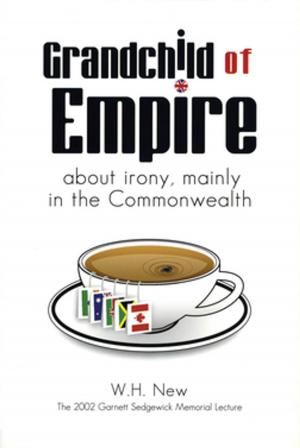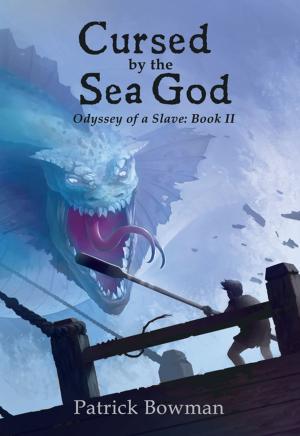Thompson's Highway
The Literary Origins of British Columbia, Volume 3
Nonfiction, History, Canada, Fiction & Literature, Literary Theory & Criticism| Author: | Alan Twigg | ISBN: | 9781553800941 |
| Publisher: | Ronsdale Press | Publication: | September 1, 2006 |
| Imprint: | Ronsdale Press | Language: | English |
| Author: | Alan Twigg |
| ISBN: | 9781553800941 |
| Publisher: | Ronsdale Press |
| Publication: | September 1, 2006 |
| Imprint: | Ronsdale Press |
| Language: | English |
For his third volume about BC literary history, Alan Twigg traces the writings of David Thompson, Alexander Mackenzie, Simon Fraser and thirty of their peers, mainly Scotsmen, who founded and managed more than fifty forts west of the Rockies prior to 1850. After the failure of Alexander Mackenzie and Simon Fraser to find a navigable route to the Pacific Ocean, it was the remarkable mapmaker, David Thompson, who was instrumental in creating the "highway" for commerce that connected both sides of the North American continent. Thompson's exploration and mapping enabled George Simpson, the "Little Emperor" of the Hudson's Bay Company, and James Douglas, the founding father of the province, finally to bring viability to the corporate fur trade on the so-called Western Slope."Since the deaths of W. Kaye Lamb, William Ireland, Margaret Ormsby, and Charles Lillard, Twigg has been the main voice for what I call the British Columbia narrative." —Barry Gough, Papers of The Bibliographical Society of Canada
For his third volume about BC literary history, Alan Twigg traces the writings of David Thompson, Alexander Mackenzie, Simon Fraser and thirty of their peers, mainly Scotsmen, who founded and managed more than fifty forts west of the Rockies prior to 1850. After the failure of Alexander Mackenzie and Simon Fraser to find a navigable route to the Pacific Ocean, it was the remarkable mapmaker, David Thompson, who was instrumental in creating the "highway" for commerce that connected both sides of the North American continent. Thompson's exploration and mapping enabled George Simpson, the "Little Emperor" of the Hudson's Bay Company, and James Douglas, the founding father of the province, finally to bring viability to the corporate fur trade on the so-called Western Slope."Since the deaths of W. Kaye Lamb, William Ireland, Margaret Ormsby, and Charles Lillard, Twigg has been the main voice for what I call the British Columbia narrative." —Barry Gough, Papers of The Bibliographical Society of Canada
